Rann Miller: Is Changing a Name Actual Change?
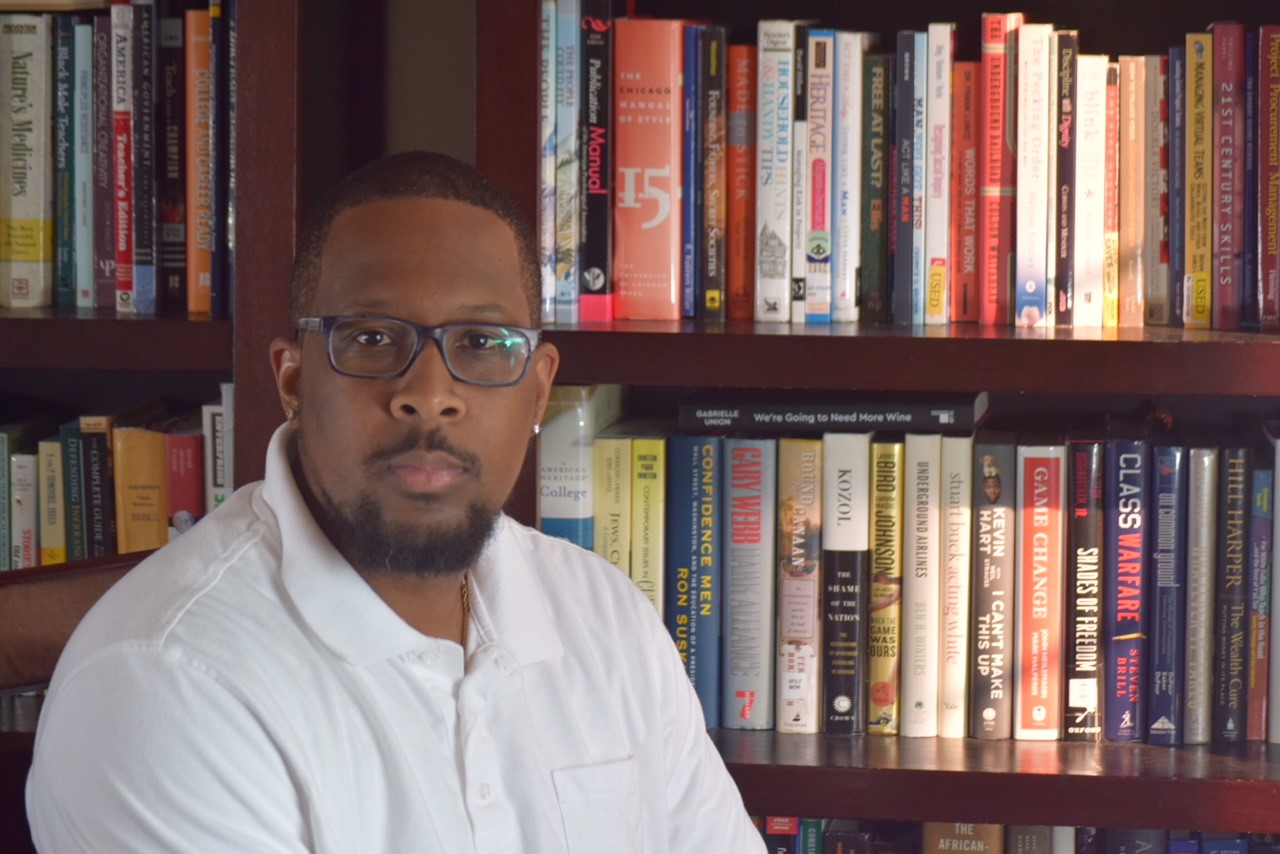
Rann Miller
By Rann Miller | AC JosepH Media Guest Blogger
Philip Livingston was a slave trader. However, he is remembered as a founder of Queen’s College in New Jersey.
The college was founded in New Brunswick; the middle of the Dutch slaveholding belt stretching from Elizabethtown to Trenton. Henry Rutgers held enslaved persons captive. However, he is remembered as a benevolent patriot by the university that bears his name; formerly Queen’s College.
Like most early-American colleges Rutgers depended on the enslaved to build its campuses and serve its White students and faculty; Rutgers depended on the sale of Black people to fund its very existence. However, my degrees bare the name of one who held the enslaved and not the name of the countrymen and women of my ancestors.
As schools named for racists and enslavers are changed, some are calling for the university to remove Henry Rutgers from its name; also removing other enslavers from various campuses and buildings. However, university President Jonathan Holloway, the university’s first Black president, announced that the university would remain Rutgers University for the foreseeable future.
Holloway said that the reason the university’s name will remain unchanged is because “names have value that exceed someone’s existence.†Holloway also said, however, that he was “not opposed to having a conversation about it.â€
Holloway spoke to his desires to affect substantive change; allowing for conversations on campus about race and police brutality. Also, increasing the number of faculty of color. Holloway’s remarks force folks to answer whether or not changing a name matter if the institution remains unchanged – that is maintaining racist policies?
An area that deserves more examination is the role symbols or symbolic gesturing play in a moment of racial reckoning. I believe that on the one hand using symbols and/or their gesturing for the sake of posturing to avoid making systemic changes isn’t helpful. Neither is dismissing the power of the presence of symbols and symbolic gestures throughout our society — which informs culture and even history.
After publically vowing to never change the name or logo of his NFL football team in Washington D.C., Daniel Snyder announced that he would change both. What does it mean? I am unsure of Mr. Snyder’s stance on systemic and institutional racism, but I do know that a majority of members from the Indigenous community did not approve of the team’s name or logo.
For their community, names and symbols matter. It also means, in the context of forcing wealthy white men to do the right thing, money talks. But I digress.
What does it mean for a school to remove the name of a racist and enslaving President of the United States or a general for the Confederacy who fought to maintain the enslavement of Black people, if after that the school remains a white institutional space; where by Black children continue to be disproportionately disciplined, failed academically due to a lack of cultural responsive approaches to learning, and forced to learn from teachers who don’t look like them?
What does it mean for white educators to say that Black Lives Matter, yet they want police officers in schools or say that history books portray Black people positively?
Holloway’s remarks brings these questions to light as a reminder that institutions cannot be anti-racist in word only, but indeed also. Anti-racism isn’t a role in a performance but rather a lifestyle to be lived.
To be clear, Rutgers University must remove Henry Rutgers name from its university name. As a Black undergrad and grad alumnus, and current doctoral student, it matters to me that this is done. Any school named for a racist who has held enslaved persons, held elected office and/or military position in the Confederacy must undergo a name change. Statues erected in the honor of racist politicians and/or Confederate military must be removed.
From George Washington to Jefferson Davis.
Their names and images are reminders to Black people and others that Black people, in the words of Roger Taney, are to be “regarded as beings of an inferior order” with “no rights which the white man was bound to respect.â€
Holloway said, “If I were to walk around feeling bludgeoned by every name I see, I couldn’t get out of bed.†But we do have to get out of bed; just because we do is no justification for the names of racists to remain in places of honor, prestige and memorial.
With that said, institutions have an obligation to not stop with changing names and/or removing statues. Institutions have an obligation to change names, remove statues and become anti-racist. Symbols do indeed matter, but they matter in concert with the replacement of racist policies with anti-racist policies. Racist policies inflict harm on Black livelihood and racist symbols inflict harm on the Black psyche; racism must be removed in all its facets.
Removing Henry Rutgers name will mean something. But it won’t mean much if Black faculty at the university remains at 4 percent of all faculty. It matters that Black faculty, and other faculty of color are hired. Removing Henry Rutgers name won’t mean much if Black student enrollment remains at 10 percent; the lowest percentage among white, Asian, Latinx and non-resident alien students. It matters that pathways to higher education are made for Black students. Programs such as the Rutgers Future Scholars are good starts and not a completed work.
Removing Henry Rutgers name will mean nothing if it’s relegated to a performative act absent of any policy change. Removal of the Rutgers name could mark the beginning of an antiracist turn for the university or employing a ploy to silence Black voices and quell righteous protest.
Doing the work of anti-racism will require more than a symbolic gesture of goodwill. It requires doing the uncomfortable work of deconstructing a narrative that is the basis of whiteness in America. If it is decided to rename the university after one of one of its own, Paul Robeson for example, I’d support that.
Robeson, the State University of New Jersey has a nice ring to it.
Symbols have the power to either inspire us or deter us. Depending on the symbol, they often do what they’re intended to do. It matters when institutions make a symbolic gesture to make up for misguided devotion. It also matters that institutions also use their power to act beyond what symbols can do.
Holloway is right; Black lives cannot be reduced by the fact that Henry Rutgers was a slave owner. Neither are my years at the university or the degrees that I’ve obtained. But if the Camden City School District and Princeton University can remove Woodrow Wilson’s name, a president, from its buildings and both the Governor and Senate president can remove the title of freeholder, by all means Mr. Holloway… change the name of the university.
Bio: Rann Miller directs the 21st Century Community Learning Center, a federally funded after-school program located in southern New Jersey. He spent years teaching in charter schools in Camden, New Jersey. He is the creator, writer, and editor of the Official Urban Education Mixtape Blog. Follow him on Twitter: @UrbanEdDJ.
Note from AC Joseph Media: If you like this story and others posted on Front Runner New Jersey.com, lend us a hand so we can keep producing articles like these for New Jersey and the world to see. Click on Support FRNJ and make a contribution that will go directly in making more stories like this available. Thank you for reading.
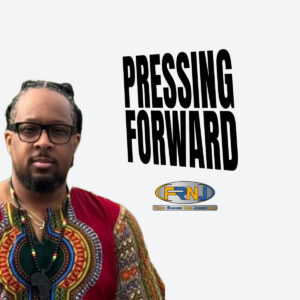
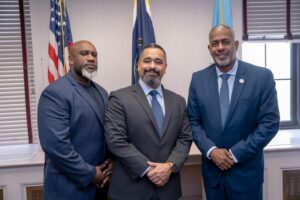
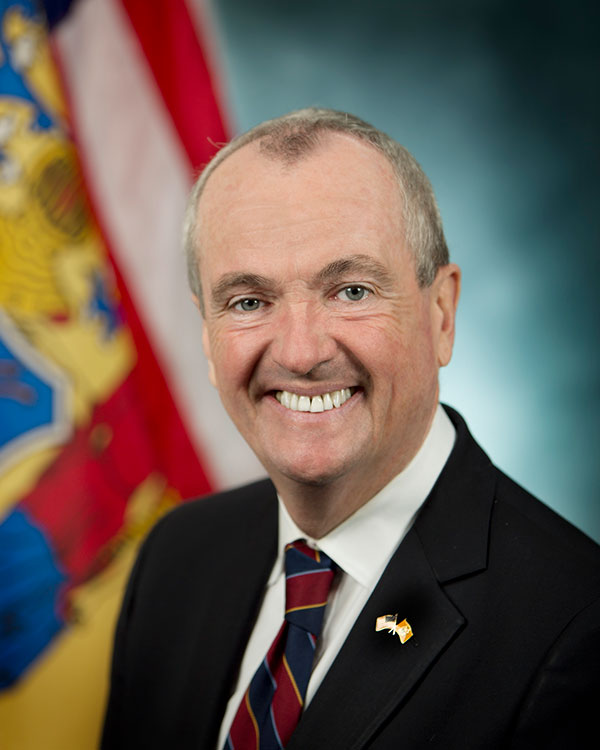
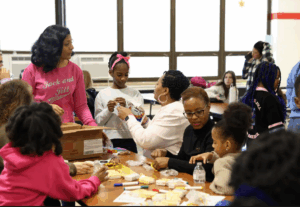
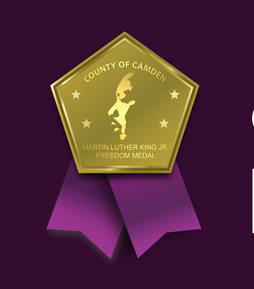
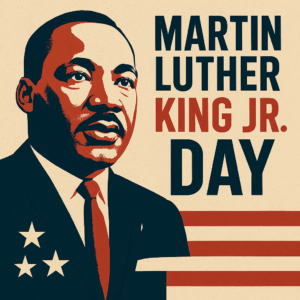
2 thoughts on “Rann Miller: Is Changing a Name Actual Change?”